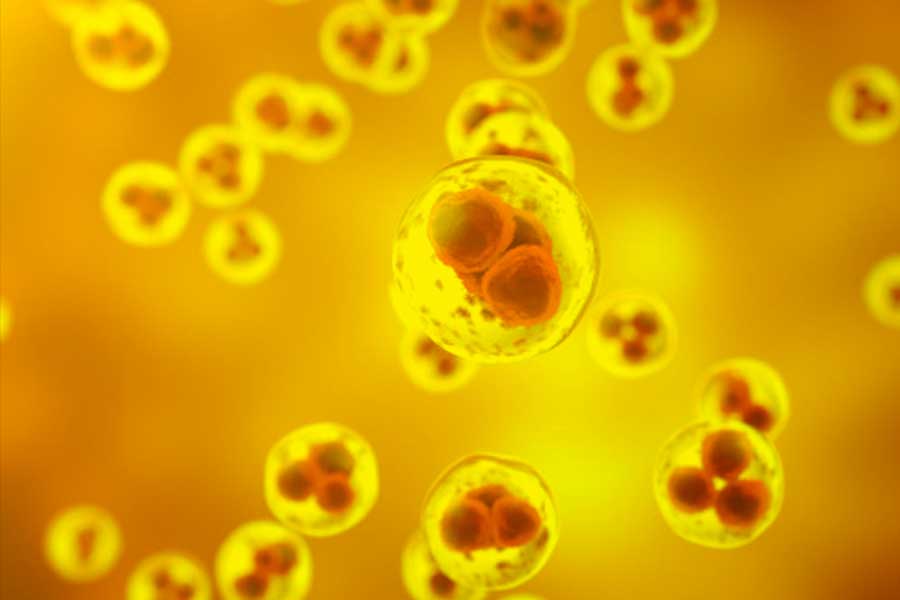STIs
What is Chlamydia?

Chlamydia is a common sexually transmitted infection that affects men and women. It is caused by a type of bacteria which can easily go undetected as often people have no symptoms. If the infection goes untreated, a person with chlamydia risks health problems, particularly women.
How does someone get Chlamydia?
You can catch chlamydia by having unprotected anal, oral or vaginal sex, rimming, fingering or sharing sex toys. Find out how to prevent it.
It’s a very common STI and you or your most recent partner could have picked up the infection from a previous partner without even knowing it. The more sexual partners you have, the more chance you have of being infected. Ejaculation does not need to happen for the infection to be passed on.
What are the symptoms of Chlamydia?
Most people with chlamydia don’t experience any symptoms, so it is important to get tested even if you think you don’t have something.
Symptoms of chlamydia can occur at any time after you have been infected, but they are more likely to show up between one and 28 days after sexual contact with someone who has the infection. Sometimes it’s discovered when one partner develops symptoms, but more often it is diagnosed when someone goes for a check-up.
If symptoms are present, these usually include:
- Penis: whitish discharge, discomfort, pain or burning when peeing.
- Testicles: pain and swelling in one or both testicles.
- Anus: itching, pain, discharge or bleeding.
- Mouth: a sore throat.
- Vagina: bleeding between periods and/or after or during sex.
What does a chlamydia test involve?
Testing for chlamydia is simple and painless.
You will be asked to give a urine sample and you will have a swab of your throat and anus. Sometimes a swab of the penis may also be taken, if for example you have pain passing urine or a discharge from the penis.
What does Chlamydia treatment involve?
Chlamydia infections are easily treated with a course of antibiotics.
Sometimes you will be treated straight away, without waiting for the result of a chlamydia test, for example if your partner is known to have an infection or if you have symptoms.
You will be given an antibiotic to take. This is often a single dose, all at once. Sometimes you will be given a longer course of antibiotics. This depends on the symptoms you have and where the infection is. Your health care provider will explain more to you about the best antiobiotic to use to treat your chlamydia. You’ll be advised not to have sex, even with condoms, until 2 weeks after you (and your partner) have finished the treatment and you have no symptoms. You may be asked to return for another test after your treatment to confirm you have cleared the infection although this isn’t usually needed for chlamydia infection.



